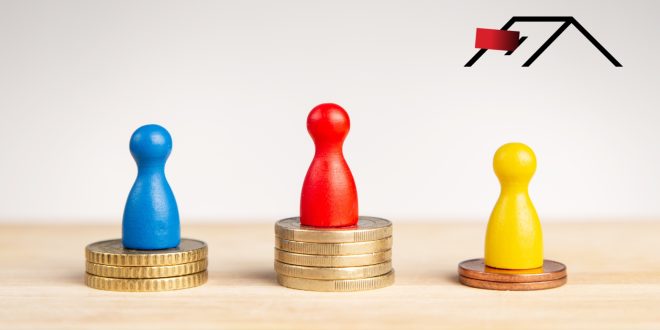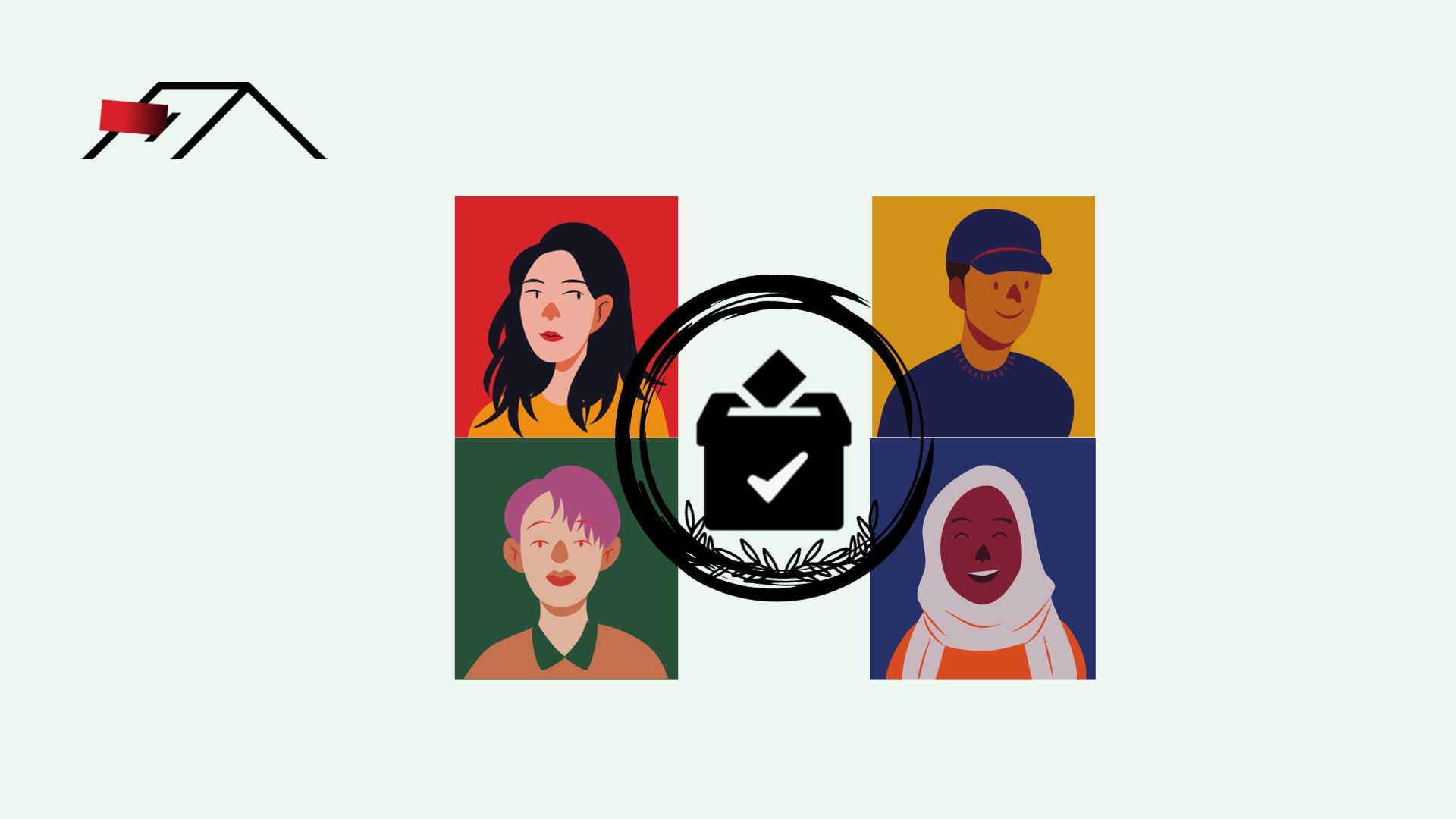In the 2009 elections, Nielsen Advertising Service (2009) reported that funding for election activities, especially campaigns, tended to increase. The 2009 Presidential Election resulted in an increase in government and political spending of 108 percent. It is recorded that the campaign funds for the presidential and vice presidential candidates themselves reached Rp. 308 billion rupiah.
This trend continued until the 2019 election and increased drastically. It was recorded that the campaign for presidential and vice presidential candidates Joko Widodo-Ma’ruf Amin had spent IDR 606.7 billion, which was reported to the LPPDK command post. Based on the KPU report, the Indonesian Democratic Party of Struggle was recorded as the party with the largest expenditure, with a figure of IDR 345 billion.
Seeing significant election funds continue to increase, stigma finally emerged. The bear is in charge. This stigma is felt to be true. To enter the ruling circle, one must have sufficient capital.
In the 2004 and 2009 elections, Indonesia Corruption Watch (ICW) traced the list of campaign contributors, both in the legislative and presidential elections. As a result, ICW found several irregularities in campaign finance reporting. Fictitious donor identity. The mode of dividing funds between various parties so as not to violate the limits on the funds that can be given. There are also donations that exceed the donor’s capacity.
The report from 14 years ago still seems relevant in the 2024 elections. On the one hand, money can support the election process so that it runs smoothly and there are no obstacles. However, on the other hand, money in elections is also vulnerable to violations such as corruption, money laundering, bribery, extortion, patronage, and others. All these violations occur to fulfill the same goal, namely victory and certain profits.
It should be remembered that elections are one of the main pillars of a democratic country. If the election goes well, then the goal of changing government is more likely to be achieved. If we hope that the elected government will be a government with integrity, an integral part is including guarantees for elections with integrity.
The challenge is that the phenomenon of increasing and unlimited dependence on money capital will damage the principles of democracy. The principles of equality and justice can be lost. According to Michael Pinto Duschinsky, quoted on the Electoral Knowledge Network website, there are two of the most serious threats facing democracy today that are closely related to the financing of political parties and elections, especially campaigns.
First, there is preferential treatment for those who contribute large amounts of capital. Often, we hear the term patron-client or retribution politics. This is what will happen to people with deep pockets who donate fantastic funds to election participants. Even though there is no written agreement, this gives rise to the assumption that influence can be bought and that he will receive special rewards in the future.
Second, things that harm aspects of equality and fairness in democracy. Elections can only be participated in by those who have abundant capital or those who are in the circle of wealthy entrepreneurs or supporters. A real example comes from Uncle Sam’s country, where Elizabeth Dole, the Republican candidate for president of the United States, was forced to resign because she did not have enough funds for her campaign activities.
Way out
The increasing funding in this election is, of course, our concern that, in the future, this democracy will be destroyed by money. Especially at the campaign stage, participants will pour in large amounts of capital in order to win the people’s vote. One way is to reform existing political finances. Reforms can be carried out to create further policies regarding campaign financing.
However, it is important to remember that in making this policy, what is called legal politics is also needed. The aim is to guide the formation of regulations that support the holding of elections. In essence, elections want to create fair competition between fellow participants, both individuals and political parties.
That role is what makes legal politics important. The aim of legal politics is to provide justice, legal certainty, and benefits. So campaign funding arrangements must be designed to achieve ideal goals. The regulations also provide fairness for actors who will later be affected by these regulations.
Apart from that, it is important that legal justice is not only provided for participants. Other election actors, namely voters, must have a guaranteed right to know about campaign funding transparently. Voters are the common people, the owners of democratic sovereignty.
Therefore, it is necessary to implement further drafting of legal regulations regarding campaign funding. It is hoped that this regulation will cover the gaps in the election law, which does not regulate campaign finance.
With legal certainty, it is hoped that the next election will be ideal for all parties and, most importantly, create justice. The regulations that can be expected are those that can create cheap and affordable campaigns for all election participants. If not during the revision phase of the election law, when else can we reduce the trend of increasing election campaign spending? []
CAESAR RIZKY DEWANTORO
Political Science Student, Padjadjaran University
 Rumah Pemilu Indonesia Election Portal
Rumah Pemilu Indonesia Election Portal




